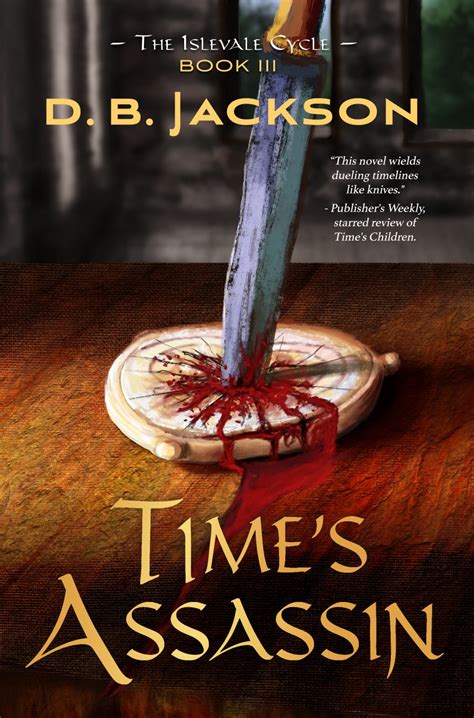A Quote by Stephen King
When asked, "How do you write?" I invariably answer, "One word at a time," and the answer is invariably dismissed. But that is all it is. It sounds too simple to be true, but consider the Great Wall of China, if you will: one stone at a time, man. That's all. One stone at a time. But I've read you can see that motherfucker from space without a telescope.
Related Quotes
Each such answer to the great question, invariably asserted by the followers of its propounder, if not by himself, to be complete and final, remains in high authority and esteem, it may be for one century, or it may be for twenty: but, as invariably, Time proves each reply to have been a mere approximation to the truth tolerable chiefly on account of the ignorance of those by whom it was accepted, and wholly intolerable when tested by the larger knowledge of their successors.
Sometimes kids ask how I've been able to write so many books. The answer is simple: one word at a time. Which is another good lesson, I think. You don't have to do everything at once. You don't have to know how every story is going to end. You just have to take that next step, look for that next idea, write that next word.
Consider the word “time.” We use so many phrases with it. Pass time. Waste time. Kill time. Lose time. In good time. About time. Take your time. Save time. A long time. Right on time. Out of time. Mind the time. Be on time. Spare time. Keep time. Stall for time. There are as many expressions with “time” as there are minutes in a day. But once, there was no word for it at all. Because no one was counting. Then Dor began. And everything changed.
Perhaps we are looking at this from a wrong perspective; this search for the truth, the meaning of life, the reason of God. We all have this mindset that the answers are so complex and so vast that it is almost impossible to comprehend. I think, on the contrary, that the answers are so simple; so simple that it is staring us straight in the face, screaming its lungs out, and yet we fail to notice it. We're looking through a telescope, searching the stars for the answer, when the answer is actually a speck of dirt on the telescope lens.
But the solution to the riddle of life and space and time lies outside space and time. For, as it should be abundantly clear by now, nothing inside a frame can state, or even ask, anything about that frame. The solution, then, is not the finding of an answer to the riddle of existence, but the realization that there is no riddle. This is the essence of the beautiful, almost Zen Buddhist closing sentences of the Tracticus: "For an answer which cannot be expressed the question too cannot be expressed. The riddle does not exist."
John Wesley tells of a dream he had. In the dream, he was ushered to the gates of Hell. There he asked, "Are there any Presbyterians here?" "Yes!", came the answer. Then he asked, "Are there any Baptists? Any Episcopalians? Any Methodists?" The answer was Yes! each time. Much distressed, Wesley was then ushered to the gates of Heaven. There he asked the same question, and the answer was No! "No?" To this, Wesley asked, "Who then is inside?" The answer came back, "There are only Christians here."


































